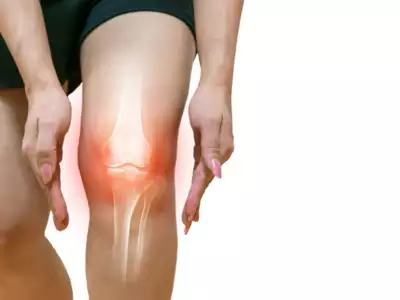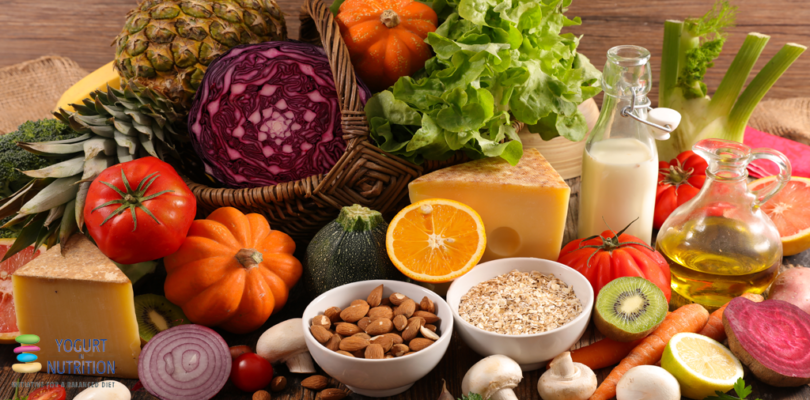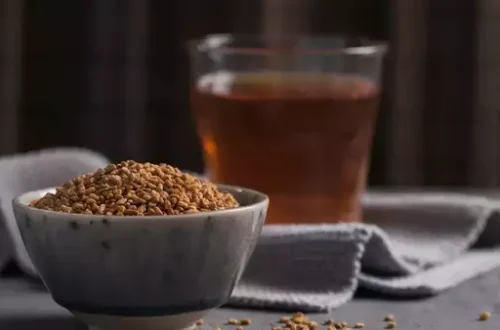Good nutrition is essential not only for maintaining overall well-being but also for ensuring the health of your muscles, bones, and joints. These structures play vital roles in your body, supporting movement, protecting organs, and storing essential minerals. In this article, we’ll explore how proper nutrition can significantly improve muscle, bone, and joint health.
1. Importance of Nutrition for Muscle Health

Muscles require a range of nutrients to perform their functions effectively. Protein is critical as it provides the amino acids needed for muscle repair and growth. After any form of exercise, especially strength training, muscles undergo stress and begin to break down, requiring sufficient protein to rebuild. Lean meats, legumes, nuts, and dairy products are excellent protein sources. Additionally, muscles need energy to function, which they derive from carbohydrates. Whole grains, fruits, and vegetables provide complex carbohydrates that ensure a steady energy supply. Minerals like magnesium and potassium support muscle nerve function and help in the contraction and relaxation of muscles, which can prevent issues like cramps and spasms.
2. Nutrition for Strong Bones

Bone health is predominantly reliant on calcium, a mineral that strengthens the bone matrix. Vitamin D plays a crucial role as it enhances calcium absorption from the diet. Inadequate vitamin D levels can lead to bone diseases such as osteoporosis, making bones fragile and more prone to fractures. Besides sunlight exposure, vitamin D can be obtained from fatty fish, egg yolks, and fortified foods. Phosphorus, another essential mineral, works closely with calcium to build strong bones and is found in dairy products, fish, and whole grains.
3. Supporting Joint Health Through Nutrition

Joints are complex structures that require several nutrients to maintain their health and functionality. Omega-3 fatty acids are particularly important for joints because of their anti-inflammatory properties, which can reduce joint pain and stiffness commonly associated with arthritis. Sources of omega-3 include flaxseeds, walnuts, and fatty fish such as salmon. Additionally, antioxidants like vitamins C and E, found in colorful fruits and vegetables, help fight oxidative stress in joint tissues, potentially reducing wear and tear and aiding in the recovery process.
4. Hydration

While not a nutrient per se, water is vital for overall health, including that of muscles, bones, and joints. It helps transport nutrients to cells, removes waste products, and lubricates joints. Dehydration can lead to reduced joint lubrication, increased friction, and joint pain. Thus, it is recommended to drink at least eight glasses of water daily, and even more if engaging in physical activity.
5. Balanced Diet

To ensure optimal health of muscles, bones, and joints, a balanced diet encompassing a variety of food groups is essential. This means integrating a good mix of proteins, carbohydrates, fats, vitamins, and minerals into daily meals. Avoiding excessive consumption of processed foods, sugars, and unhealthy fats is crucial as these can lead to inflammation, which impairs muscle recovery and joint health.
Conclusion
The health of your muscles, bones, and joints is profoundly influenced by your dietary choices. By adopting a nutritionally rich and balanced diet, staying hydrated, and managing nutrient intake thoughtfully, you can sustain and enhance musculoskeletal health. This not only helps in everyday activities but also in maintaining your quality of life as you age.
If you have any queries related to medical health, consult Subhash Goyal or his team members on this given no +91 88008 25789, +91 99150 99575, +918283060000




